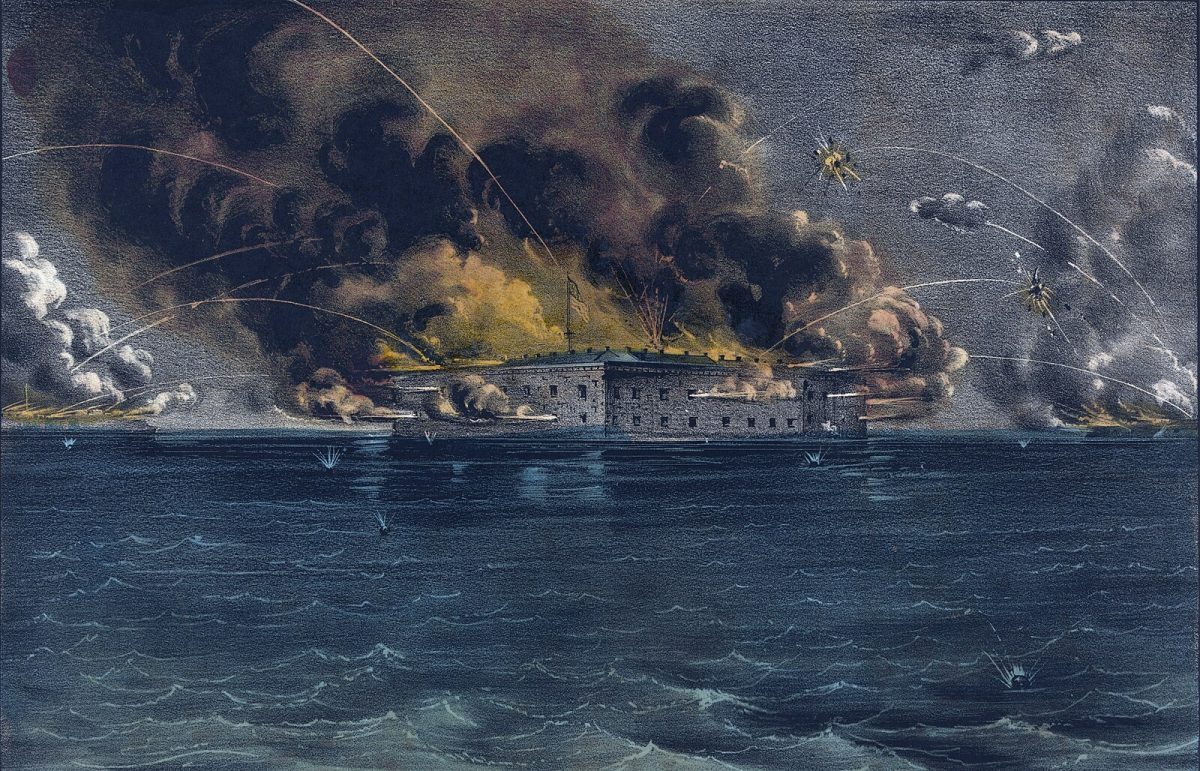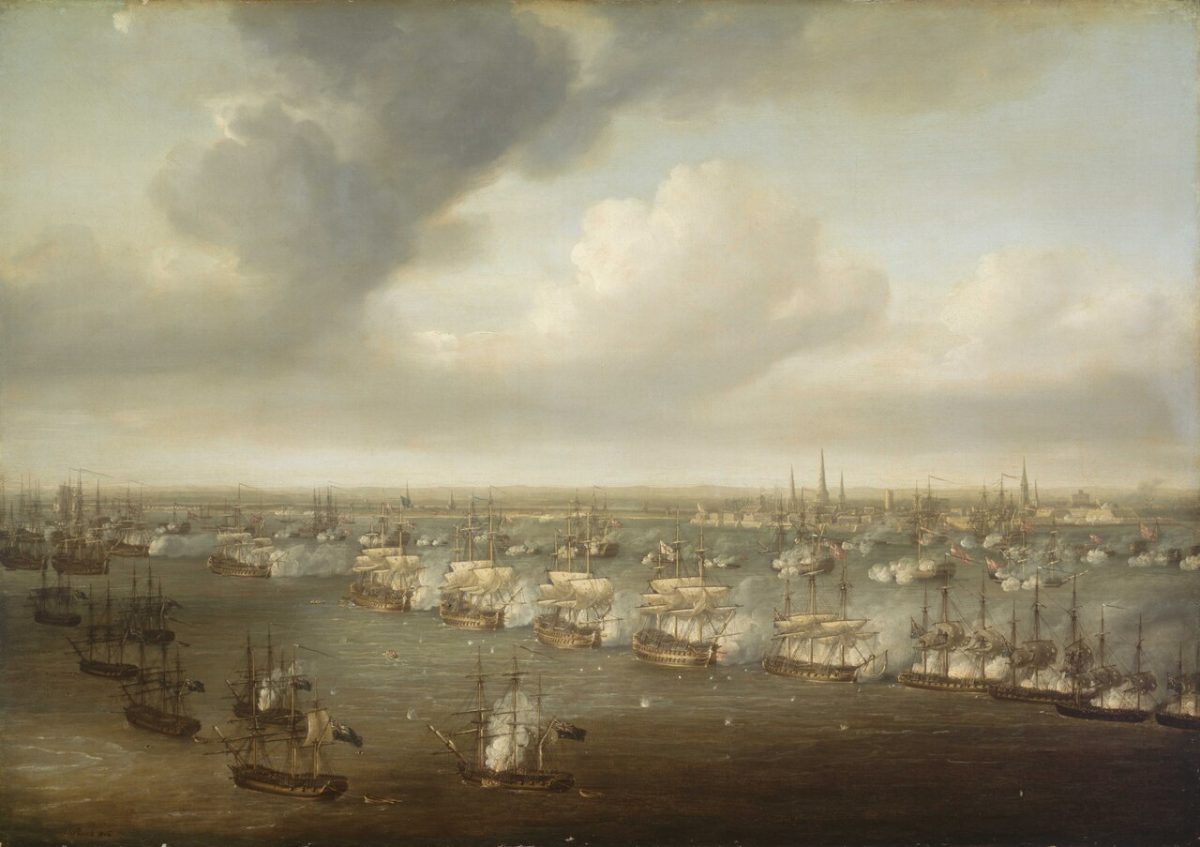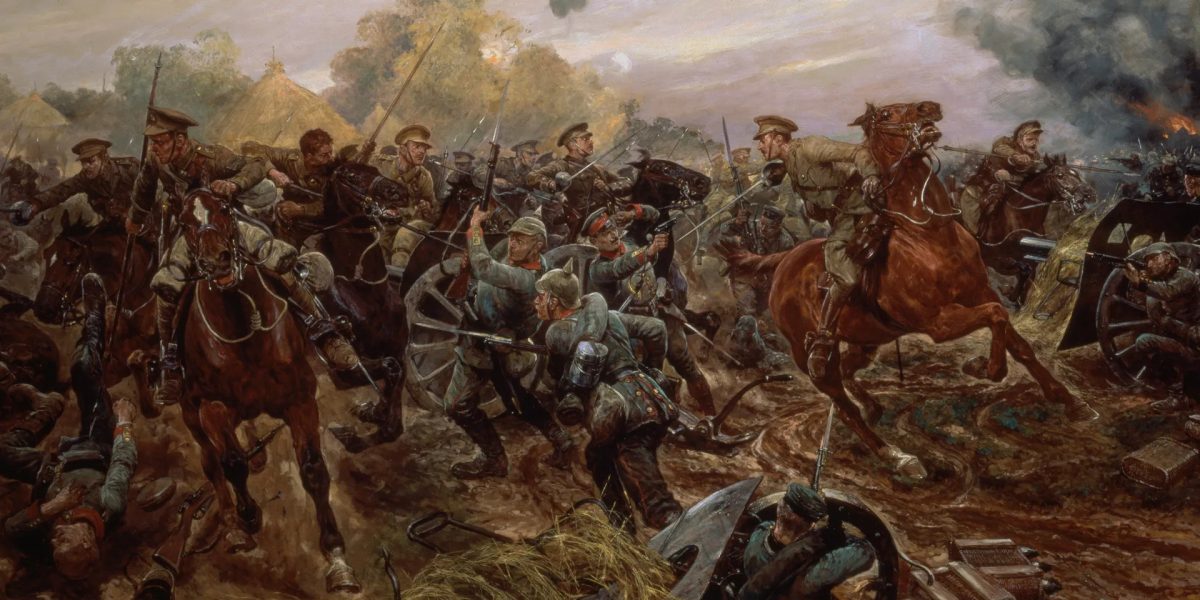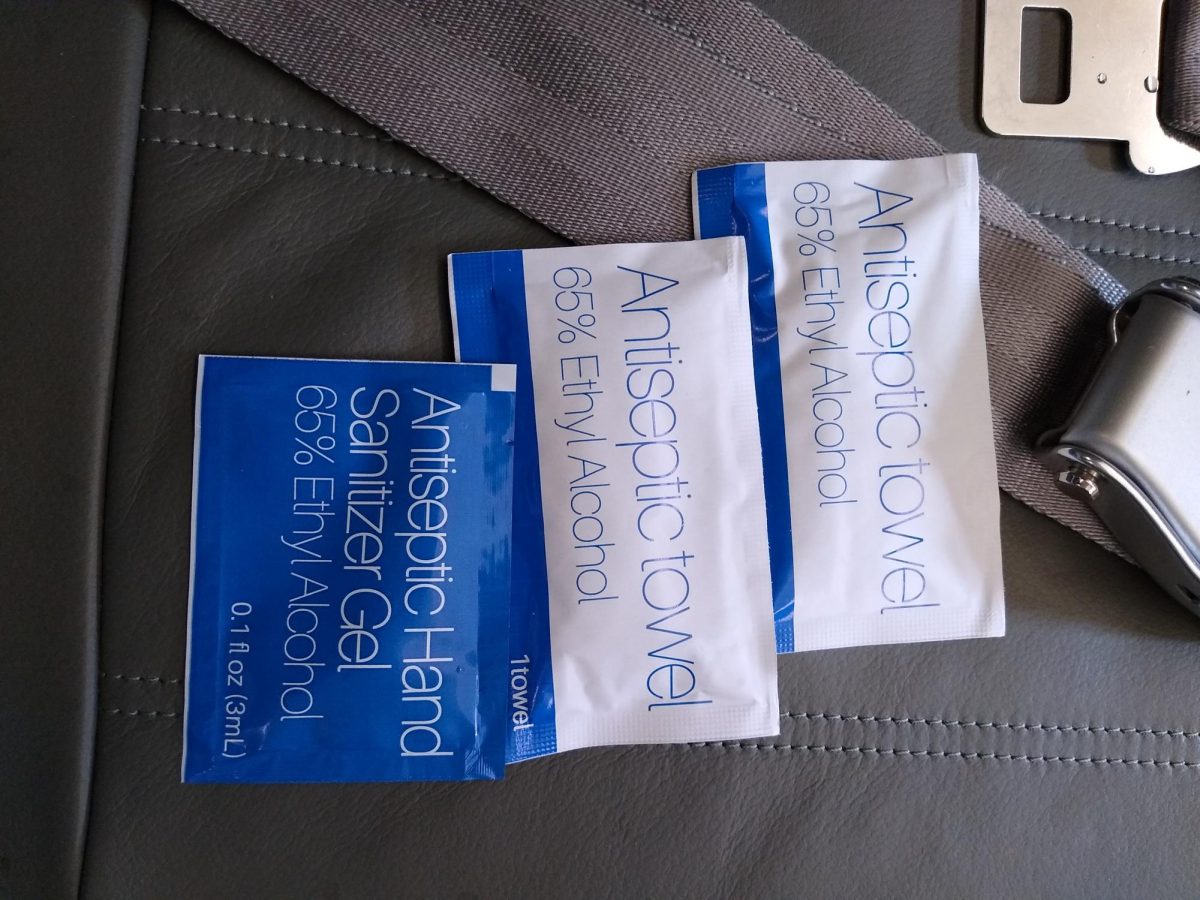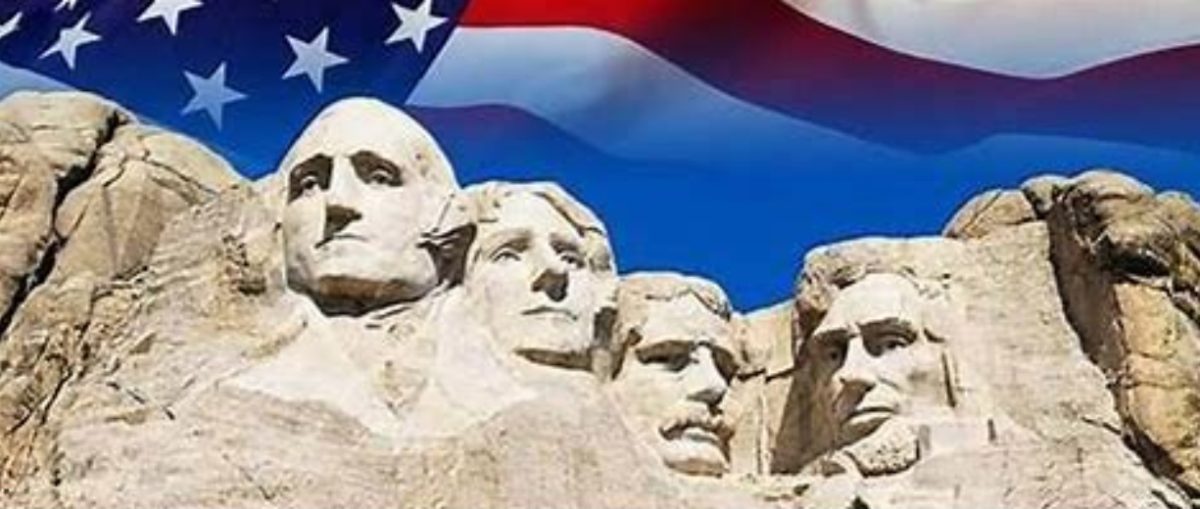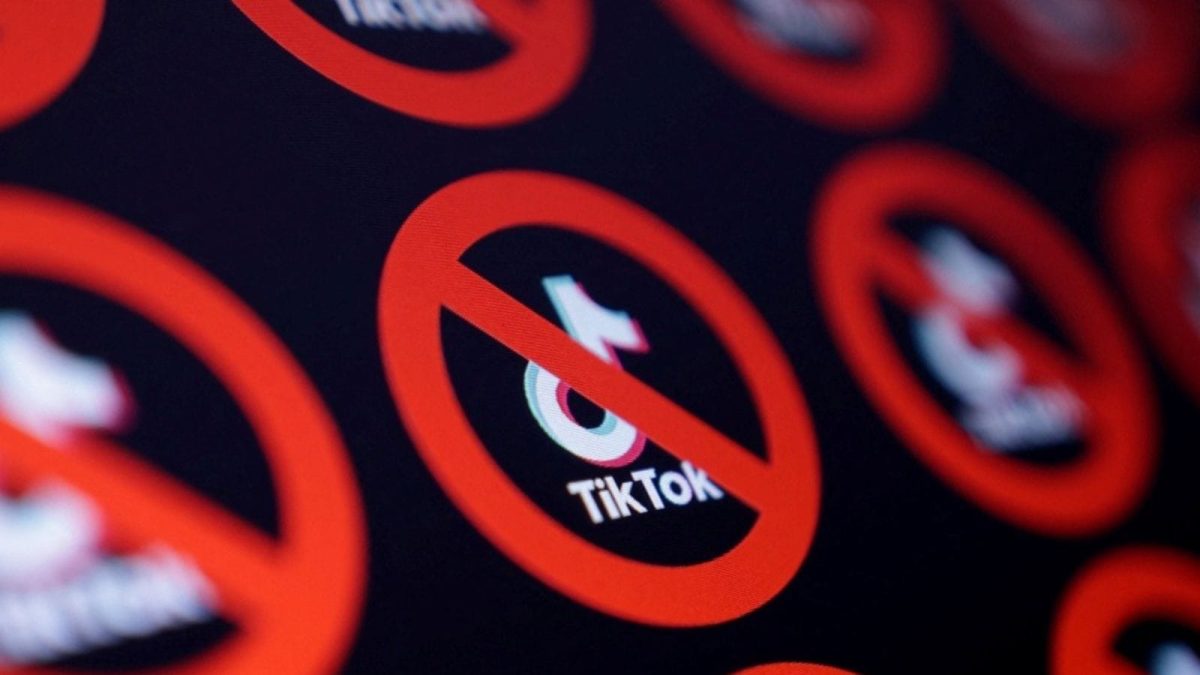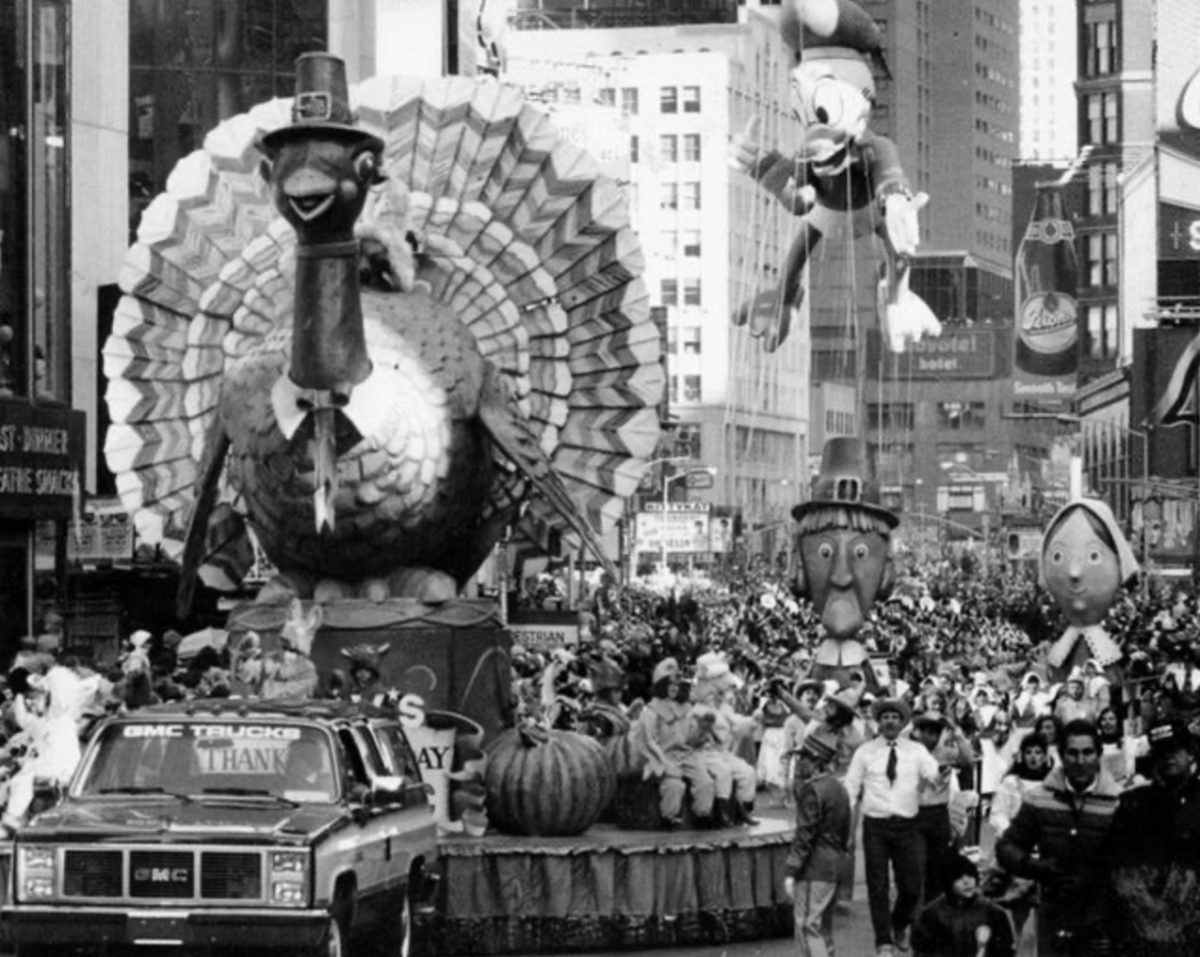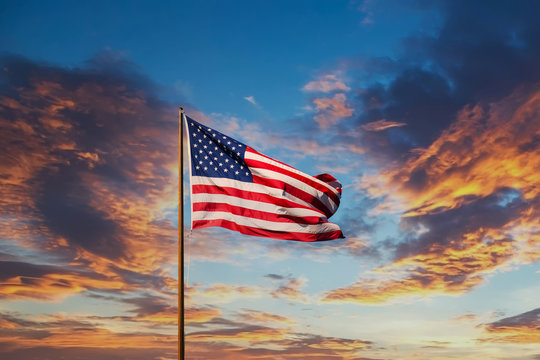The American Civil War is known best for leading to the abolition of slavery, but it started with a debate on states’ rights. The South Carolinian government was led by strict constructionists, meaning that they believed that the Constitution outlined all of the power that the Federal government held and that all of the remaining power was the states’. However, the Northerners believed that the Federal government could also take on other functions, and because they controlled the Federal government with their vast population, the Federal government was growing and growing. This led to ultimatums, and in November 1860, South Carolina voted to secede from the United States. Meanwhile, Fort Sumter, named for local Revolutionary War General Thomas Sumter, was just finishing construction. Because of its position guarding Charleston, it was imperative that the Union army hold it.
To that effect, Major Robert Anderson, commanding the Charleston garrison, evacuated Fort Moultrie (which could not withstand an attack) and took over the unmanned (except by workers) Fort Sumter, which was much better placed. But South Carolina Governor Francis Pickens had sent orders to seize all the forts in Charleston. His militia seized the arsenal and some nearby forts and threw up batteries to attack the Union troops inside Fort Sumter. Simultaneously, Governor Pickens requested of the federal government that they recall all troops from Charleston. However, President James Buchanan refused to concede, confident in Major Anderson’s abilities. Buchanan’s weak stance on secession made this confusing because he claimed that South Carolina could not secede under the Constitution, but that under the Constitution, he could not force them to stay. He was hoping for compromise, but Congress refused to meet with representatives in Virginia to discuss amending the Constitution to placate the secessionists.
While all this was happening, President Buchanan sent supplies to Fort Sumter aboard the unarmed steamer Star of the West, but it was repelled by fire from the batteries.
Empowered by Buchanan’s lack of decision, Florida, Georgia, Alabama, Mississippi, Louisiana, and Texas left the Union between January 9 and February 1 of 1861. They also established themselves by seizing all Union forts in their territory, except for Fort Zachary Taylor in Key West, Fort Jefferson in the Dry Tortugas, and Fort Pickens in Pensacola, which would hold out for the entirety of the war. Delegates from these states held a convention, formed a provisional government in Montgomery, Alabama, and created the Confederate States of America under President Jefferson Davis. While General P.G.T. Beauregard was on his way to Charleston to complete the defenses of the harbor for the Confederacy, President Abraham Lincoln was inaugurated on March 4.
Despite rising tensions, neither side wanted to fight, or at least not to strike the first blow in the inevitable conflict. And although Major Anderson would have conceded the fort to avoid civil war, he was under orders to hold it, and so he did. However, he would run out of provisions in mid-April, leaving the Union little time to break through and restock, or to negotiate to allow the troops to leave in peace. Lincoln was not inclined to surrender the fort, as he had campaigned on a promise “to hold, occupy and possess the property and places belonging to the Government.”
To that effect, President Lincoln informed Governor Pickens that he was sending provisions to the garrison at Fort Sumter, without any munitions. This went against the advice of his cabinet and Secretary of State William H. Seward, who, believing he could sway Lincoln, informed Pickens earlier of the Union’s intention to withdraw from Charleston. So, Confederate General Beauregard was ordered to inform Major Anderson that the fort would be shelled at once if he did not surrender. True to his orders, Anderson refused to surrender, but he admitted that he was quite low on provisions. So, the Confederates came back to ask for an assurance that he would surrender when he ran out of food; however, Anderson gave no guarantee, considering that he might be restocked in a few days.
So, at 3:20 AM, Beauregard informed the garrison that they would attack, and at 4:20, he began the bombardment of Fort Sumter. At 5:30, a mortar from Confederate Fort Johnson fired from across the harbor. The missile arched into the sky, exploding at the apex of its path, right over Fort Sumter. Then the Confederate batteries began simultaneously firing in full force, shaking the night and waking up Charleston. The people who woke up to watch all knew that this was the start of the war. The firing continued throughout the day, but no one was hurt on either side. However, the Confederates repelled Lincoln’s supply ship, and so on April 13, Anderson, out of ammunition from firing all day, surrendered. His men were allowed to fire a salute to the American flag before they lowered it. As they fired, one of the guns blew up in a soldier’s face. Pvt. Daniel Hough of the 1st U.S. Artillery Regiment was the first of as many as 850,000 Americans who would perish before the cessation of hostilities.



